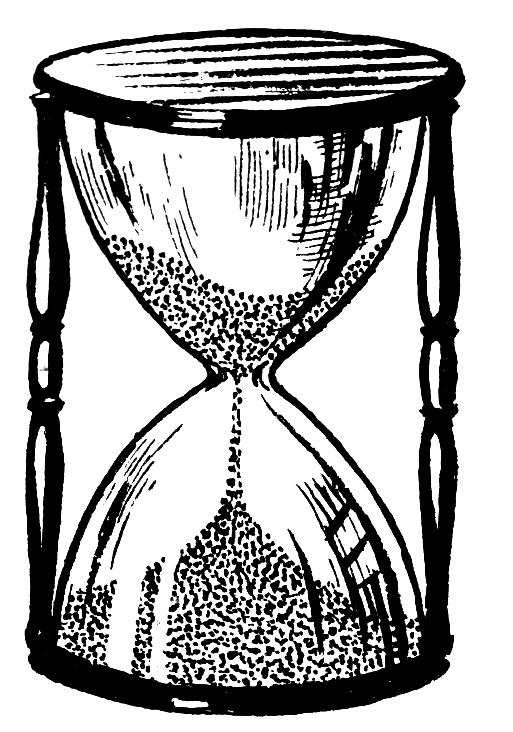We Fear What We Don't Know


Illinois, New Mexico, and South Carolina have yet to release their annual financial reports of the fiscal year ending last June. These late financial statements create a lack of transparency which, in some ways, is reminiscent of the savings and loan crisis a few decades ago.
Back in the 1980s and 1990s, taxpayers paid massive clean-up costs to deal with pervasive failures of savings and loan institutions around the country. This episode taught us some lessons about the role and moral hazard of government in financial markets that we may have forgotten. In recent years we endured another financial and economic crisis, the worst since the Great Depression, partly due to our failure to learn and apply those lessons.
Boston College finance professor Edward Kane coined the term ‘zombie’ in a financial context back in the savings and loan crisis of the late 1980s. Zombie banks were effectively insolvent but were allowed to continue operating. Kane identified the accounting and regulatory practices that helped these ‘walking dead’ institutions delay accounting truthfully for those losses, and he criticized how these practices allowed the zombies to take bigger risks in an effort to ‘gamble for resurrection.’ Many failing banks made risky bets to make up for their losses, knowing that taxpayers were on the hook for the downside through deposit insurance and other elements of the government's safety net. A large swath of those risky bets soured, amplifying the massive cost of the S&L crisis.
In the private sector, well-managed insurance companies understand the need to measure, monitor and price the risk-taking that arises once they provide insurance. In our financial markets more broadly, voters and citizens have effectively acted like insurance companies underwriting government-subsidized financial risks. In light of our recent experience amidst the worst financial crisis since the Great Depression, voters and citizens have not proven capable to price and monitor risk-taking arising on that bed of public guarantees.
Many state governments now find themselves cornered by long-unrecognized, massive off-balance sheet obligations. In turn, some of them may be taking higher risks in their investments and derivatives activities to get out from behind the eight ball. Such risk-taking may, however, end up increasing costs to taxpayers in order to resolve the situation, much like the endgame of the S&L crisis. Given this possibility, the public deserves timely and accurate financial reporting, particularly in investment portfolios and state and local government positions in derivatives markets.
As we survey the 'current' landscape, we have annual financial statements for most state and local governments covering results only through the end of fiscal year June 2012, almost a year ago. And in Illinois, New Mexico and South Carolina, the annual report for fiscal 2012 has yet to be filed, even amidst budget season for fiscal 2013-2014. This means that in Illinois, whose reported derivative liability rose sharply in 2011, in contrast to most other states in the nation, we still don’t know what the state’s derivative liability was for fiscal 2012. The delay on these reports, well past 300 days and closing in on a year after the fiscal year end, is enormous, especially in markets where losses can spread and grow quickly.
We don't know what the 2012 financial reports of Illinois, New Mexico, and South Carolina will show, but that's the whole point: we don't know. And that's a problem.
You can check out and compare states' past timeliness here with our data comparison tool (listed under the Truth in Accounting subheading).



